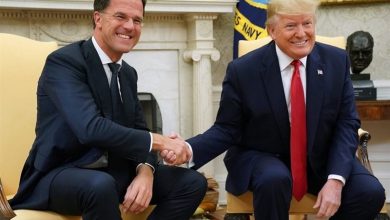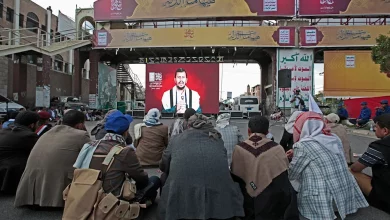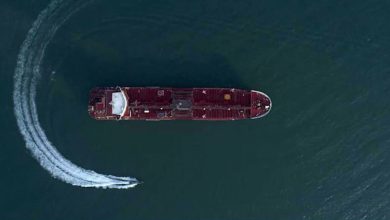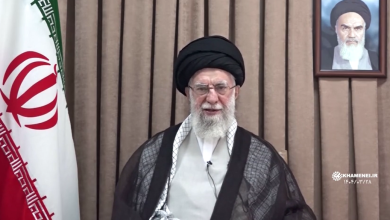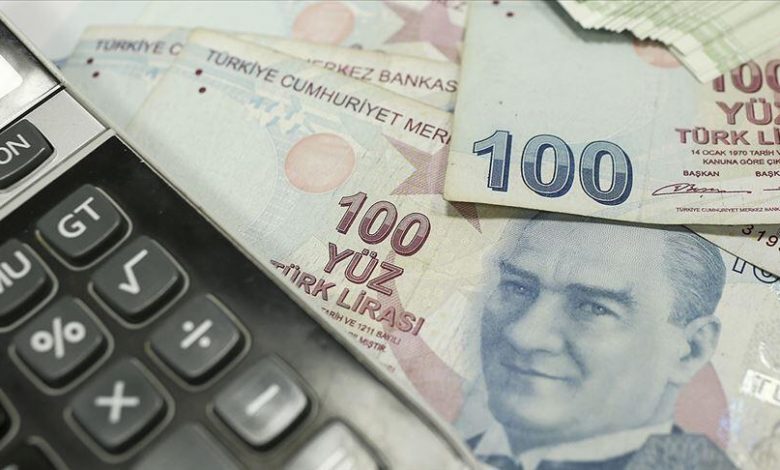
Turkey‘s current account balance saw a $3.76 billion deficit in May, the country’s Central Bank revealed on July 13.
The figure deteriorated from a $1.07 billion surplus in the same month last year, according to the bank’s report on balance of payments.
This development is mainly attributable to an increase of $2.39 billion in the goods deficit that recorded a net inflow of $2.73 billion in May, it said.
Another factor is a net outflow of $33 million in the services, which posted a net inflow of $2.9 billion in the same month last year, it added.
Turkey’s 12-month rolling deficit reached $8.24 billion in May.
The figure came at better than market projections of $4.3 for the month.
The estimations of a group of 14 economists polled by Anadolu Agency
last week ranged between $3.2 billion and $5.6 billion for May.
The survey also forecast the end-2020 current account balance to hit a $17.5 billion deficit.
The current account balance excluding gold and energy also registered a $1.85 billion deficit in May, versus $4.35 billion surplus in the same month a year earlier.

